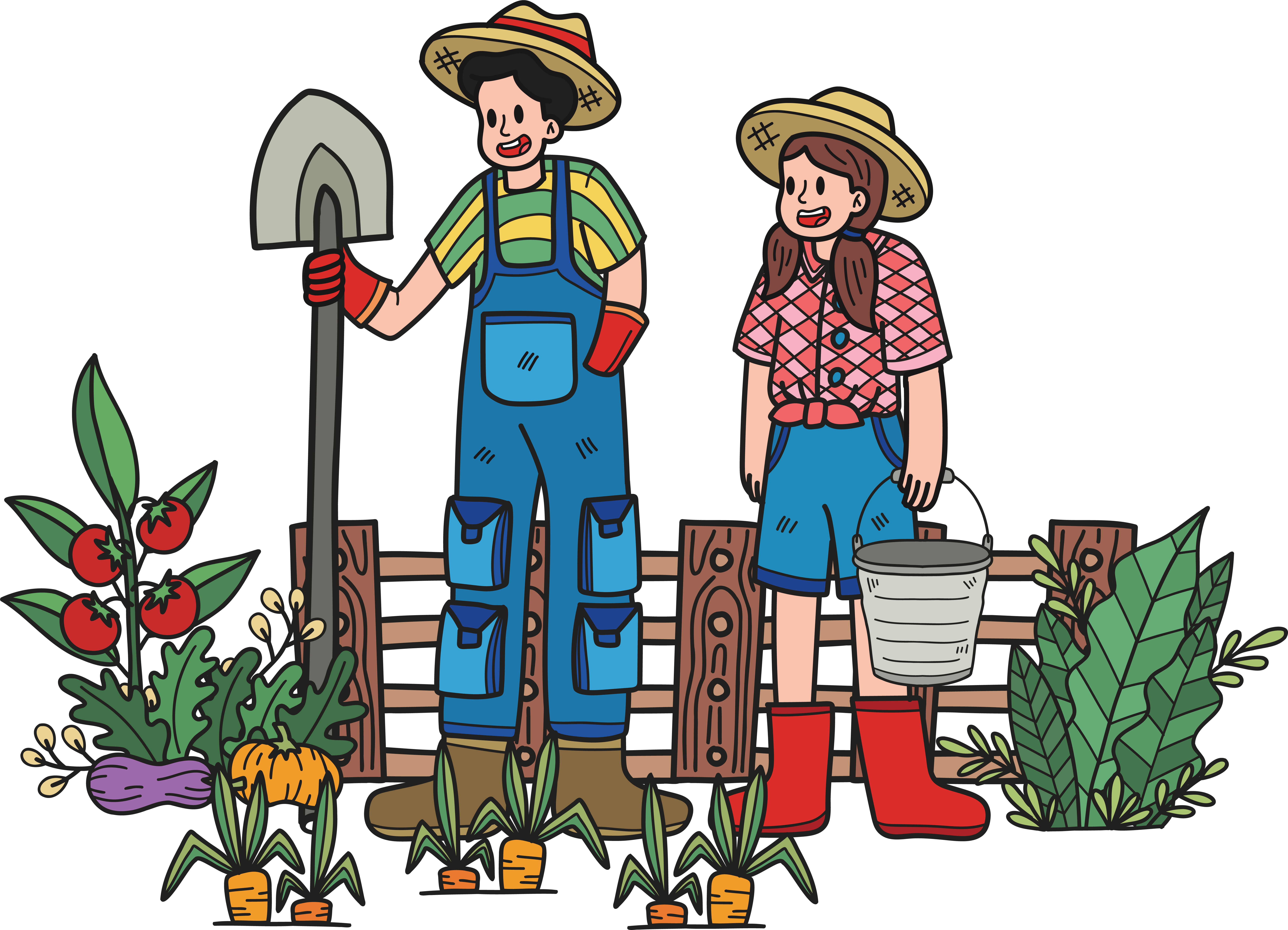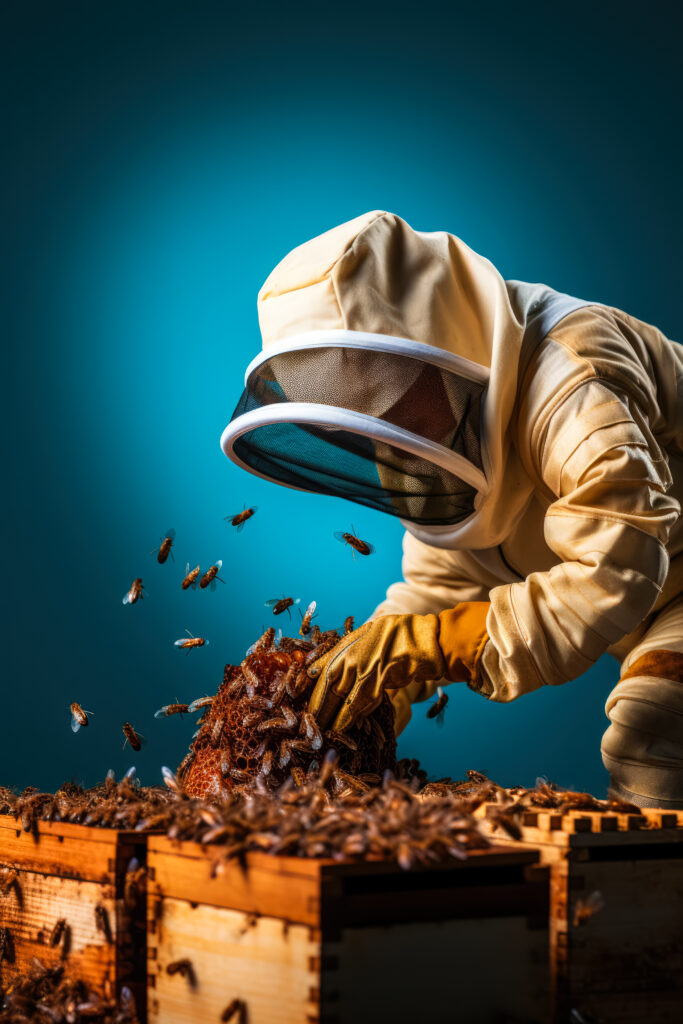Pollinator-Friendly Farming Sustaining Agriculture and Biodiversity
Pollinator-Friendly Farming Practices: Sustaining Agriculture and Biodiversity
Introduction
In the realm of apiculture, "Pollinator-Friendly Farming Practices" represents a vital area of concern and opportunity. These practices emphasize the creation of agricultural ecosystems that are conducive to the health and well-being of pollinators, such as bees, butterflies, and other insects, which are critical for crop pollination and the maintenance of biodiversity. This professional discourse delves into the significance of pollinator-friendly farming practices, their implementation, and the broader implications for both agriculture and the environment.
The Significance of Pollinator-Friendly Farming Practices
The significance of pollinator-friendly farming practices can be encapsulated in several key points:
Pollination Services: Pollinators, particularly honeybees, contribute significantly to the pollination of various crops, including fruits, vegetables, and nuts. A significant portion of the world's food supply is reliant on these services.
Biodiversity: Creating habitats and forage resources for pollinators fosters the conservation of these species, contributing to overall biodiversity. Healthy ecosystems are essential for ecological balance.
Sustainable Agriculture: Supporting pollinators is essential for long-term agricultural sustainability. Healthy pollinator populations can lead to increased crop yields and quality.
Economic Benefits: Enhanced pollination services can translate into increased farm incomes, with the potential for higher yields and better-quality produce.
Implementation of Pollinator-Friendly Farming Practices
The implementation of pollinator-friendly farming practices involves several strategies and considerations:
Habitat Creation: Dedicate areas within or around farms for the creation of pollinator-friendly habitats. Plant wildflowers, native plants, and flowering trees to provide abundant nectar and pollen resources.
Reduced Pesticide Use: Adopt integrated pest management (IPM) strategies to minimize the use of pesticides, especially during bloom periods. Implement responsible pesticide application practices that minimize harm to pollinators.
Crop Diversity: Encourage crop diversity and crop rotation to ensure a continuous supply of forage resources for pollinators throughout the growing season.
Nesting Sites: Provide nesting sites for solitary bees and other pollinators by installing bee boxes, maintaining undisturbed areas, or offering nesting substrates like reeds or bare ground.
Education and Outreach: Promote awareness and understanding of the importance of pollinators among farmers, stakeholders, and the general public. Collaboration and knowledge-sharing are vital.
Benefits and Challenges
The adoption of pollinator-friendly farming practices brings forth a range of benefits and challenges:
Benefits:
Enhanced Crop Yield: Improved pollination services result in higher crop yields and better-quality produce, ultimately benefiting farmers.
Biodiversity Conservation: These practices contribute to the preservation of pollinators and the overall conservation of biodiversity.
Economic Prosperity: Farmers can reap economic rewards through increased crop yields and access to pollination services.
Challenges:
Resistance to Change: Some farming practices may require changes in traditional approaches, and there may be resistance or reluctance to adopt these methods.
Pesticide Use: The cautious and responsible use of pesticides can be challenging, especially when it is essential for pest management.
Education and Awareness: Raising awareness and educating farmers about the significance of pollinator-friendly practices can be a time-consuming process.
Conclusion
Pollinator-friendly farming practices are not merely a niche concern but an integral aspect of sustainable agriculture and environmental conservation. Supporting the health and well-being of pollinators is a win-win scenario for farmers, ecosystems, and the broader global community.
By implementing these practices, we create a harmonious relationship between agriculture and nature, where pollinators thrive, crop yields increase, biodiversity is preserved, and ecosystems are healthier. The commitment to pollinator-friendly farming practices is a testament to our understanding of the interdependence between human activities and the natural world. It is through these thoughtful and conscientious practices that we pave the way toward a more sustainable and biodiverse future for all.



